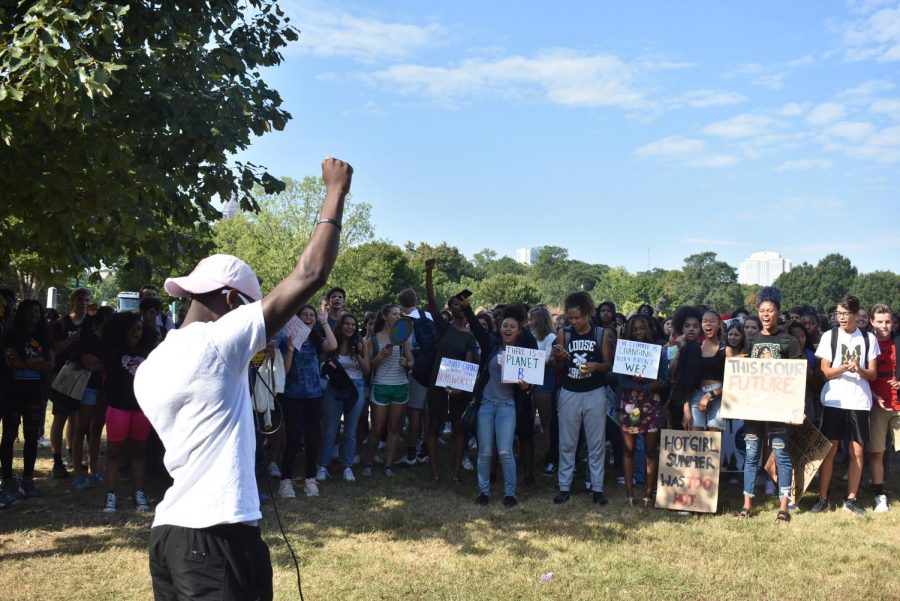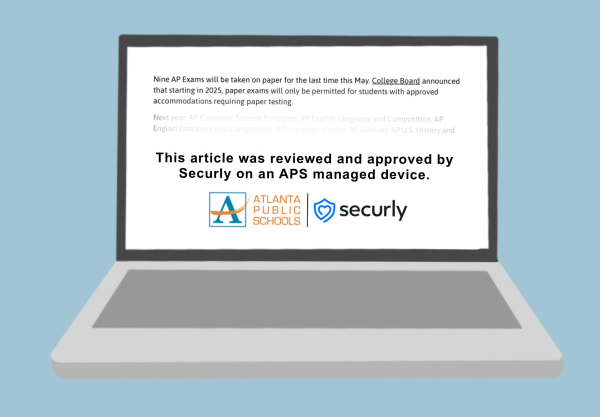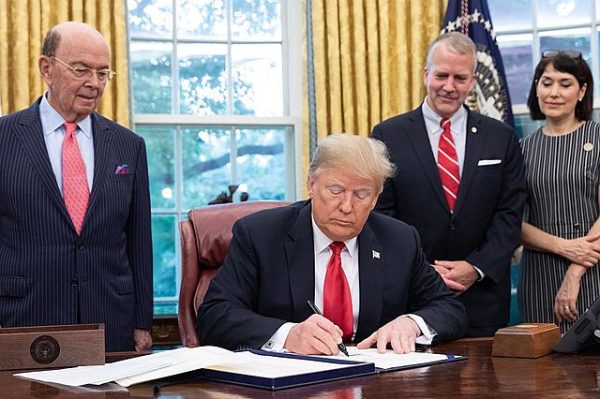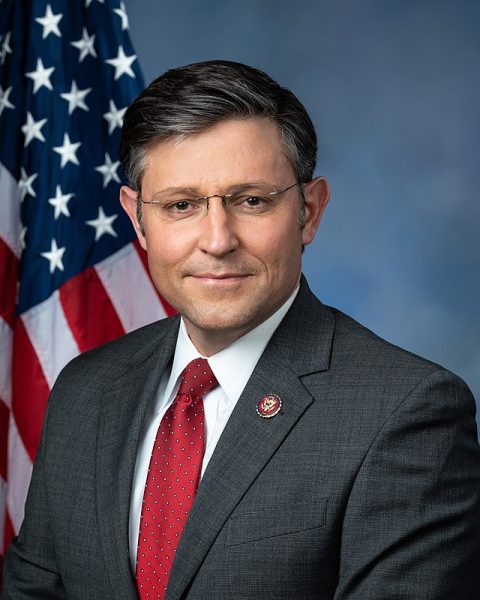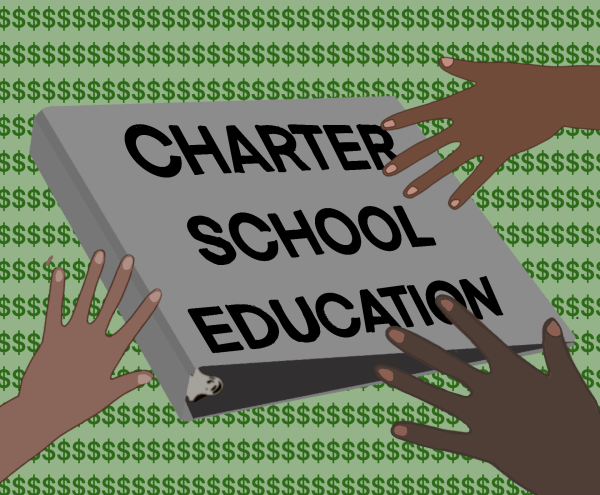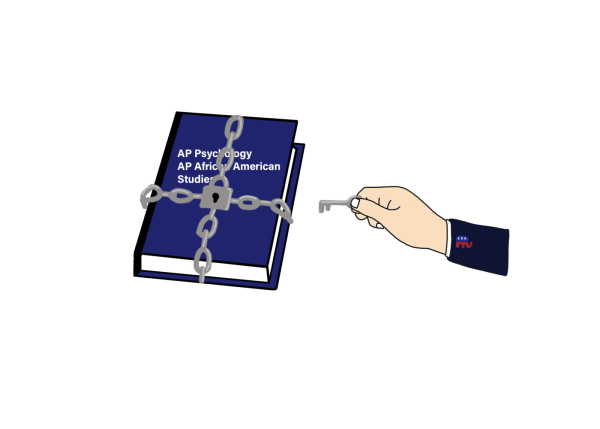Different voting method necessary for fair democracy
North Atlanta High School senior, Chase Brathwaite, tells his story of how he began to believe in climate change.
November 21, 2019
Students have flocked to Piedmont Park to rally against climate change. They have attended a march for civil and reproductive rights earlier this year. They have walked out for stricter gun laws, raised homemade signs in front of the State Capitol and sent letters to their representatives, demanding justice.
Students already use their voices to advocate for change, but their influence will multiply soon when they become voters.
However, we see a pressing issue with the way Georgia counts its votes. Previously discovered errors in the state’s voting systems prompted the introduction of a new system, one that piloted in various municipal and local elections on Nov. 5, and whose results were abysmal.
Four out of the six counties that used the new system experienced glitches surrounding access cards and other malfunctions. These inaccuracies threaten the sacred act of voting that is central to democracy.
Grady students, who are active members of democracy, must recognize this threat and apply their spirits to lobby for a better voting system.
As they have for other causes, students must call on the state government and Secretary of State’s office to help institute and maintain fair voting practices before the Presidential Primary on March 24, 2020, an election in which many seniors will participate.
The state has spent $107 million on an entirely new voting system to be used by 7.4 million residents after the old system was declared too vulnerable to security issues and filled with logistical concerns.
The problem is that the state is attempting to squeeze this transition into a four-month period with little to no backup plan in place. Similar processes in other states have used a longer timeline to advance voting systems.
Paper ballots are the most effective solution to voting irregularities in Georgia and across the nation. They allow for a backup in the very probable event that the new voting machines are inaccurate and unreliable.
Students would not be alone in standing behind paper ballots. Former gubernatorial candidate Stacey Abrams had been advocating for hand marked ballots under the voting organization Fair Fight Action.
With primaries rapidly approaching and the voting rights already called into question after the highly-contested 2018 midterm election, it is time for all hands on deck to combat the largest threat to American democracy in the 21st century.
Twenty-twenty could change the course of American politics for decades to come. Districts will be drawn that will determine representation of citizens for at least the next decade. Three U.S. Supreme Court justices are over the age of 70, so these elections could determine the judiciary for the next 50 years.
Additionally, environmental policy, healthcare reform, reproductive rights, gun control legislation and a changing economy will all be decided in the coming election.
The future is in the hands of students who have the power and the will to face issues and call for change. They have proven themselves as capable of activism and progressive discussion. Now, their most present duty lies in protecting fair elections.
A reliable voting system will preserve American democracy. We call on students, whose voices may ring loudest of all, to insist on justice.

